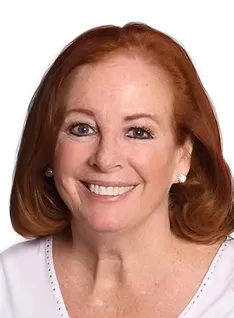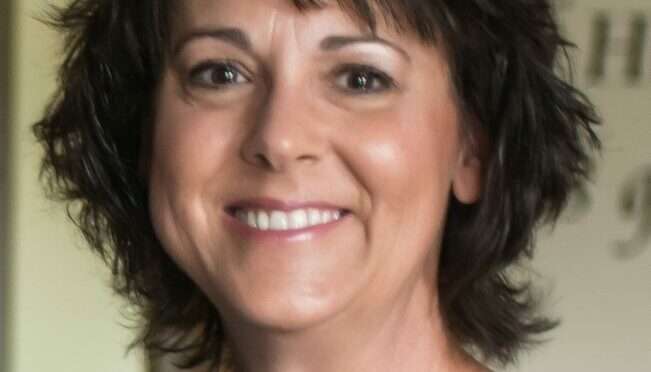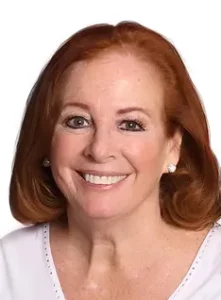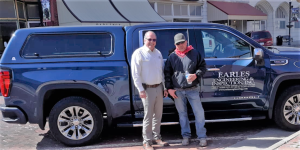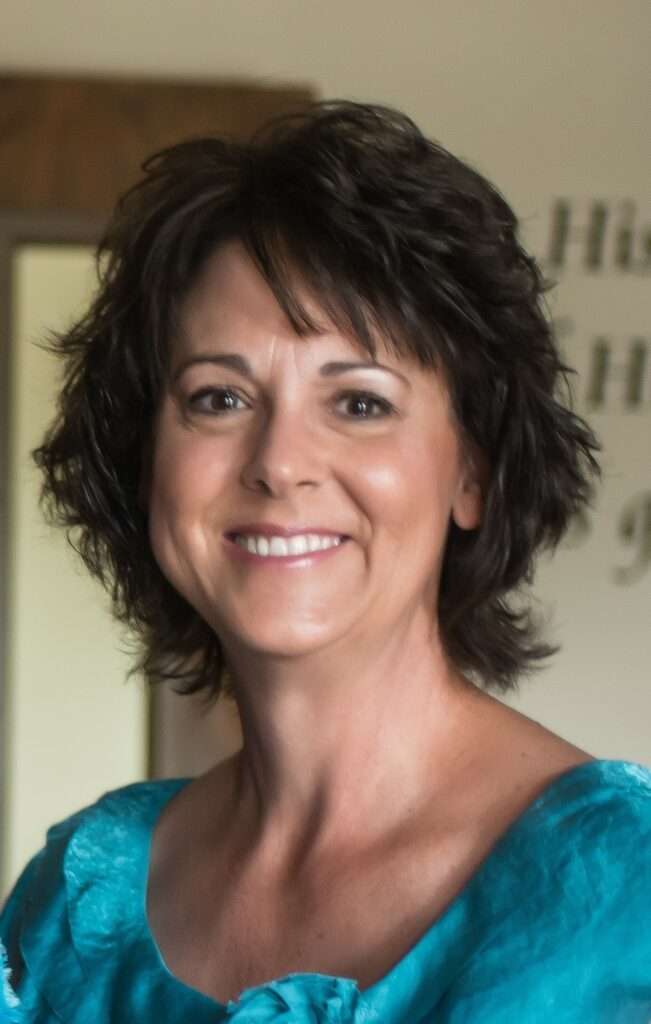You are My friends if you do whatever I command you. John 15:14
“Sally, my flight has been delayed. I’m not getting in at 9:00. I’m getting in at midnight, so I’m going to get a hotel room and you can pick me up in the morning.” My friend would have none of it. “I don’t care when you get in. I’m coming to get you. That way, we have more time together.” My arguments for a hotel went nowhere.
Getting in to the KC airport at 9:00 was bad enough, but a few weeks previous, when I asked Sally if she would be able to pick me up, let me spend the night at her house in Kansas City and drive me to Fort Scott the next day, she responded, “I thought you’d never ask.” That’s what she said. “I thought you’d never ask.”
Who has friends like that?
I know that Sally drives back and forth between KC and Fort Scott a couple of times a week, but I had no idea if this was one of her scheduled days. Good friends like her make it one, even if it isn’t. What I didn’t realize was that she and Gary, her husband, were making a trip to KC from Fort Scott just to pick me up. And now, three hours later than intended.
The fact that she made the trip is one thing. The fact that she did not make me feel guilty about it is another. This was sacrificial, and I knew it.
When I deplaned at midnight, Sally was waiting for me by baggage claim, arms extended and thanking me for letting her come and get me. Say WHAT? And the next day, when she and Gary drove me to Fort Scott, she asked that every time I fly into the KC airport, I give her first chance to pick me up. No matter what time.
Someone once said, “Tell me with whom you hang, and I will tell you who you are.” I am blessed with wonderful friends I don’t deserve. They know me well but like me anyway. We are transparent with each other. We laugh and cry together…sometimes at the same time. We empathize with each other’s disappointments and celebrate successes.
Sally makes me realize how important it is to be there for my friends when they need me (or even when they don’t). As I am writing this article, I am reminded that I need to be a Sally kind of friend to Jesus…one who spends more time “hanging” with him, one who always makes him a priority, one whom I greet with arms extended, one who is ready to do his bidding day or night, sacrificially, without grumbling or making excuses.
Look at the scripture at the top of this article: You are My friends if you do whatever I command you. My words are cheap without obedience to Jesus. If I am nudged to pray for someone in the middle of the night, I immediately should jump out of bed and get on my knees and be grateful for the opportunity; Jesus should know that I am trustworthy and will do as he asks. If I have a chance to share him with others, I cannot hesitate or decide the timing isn’t quite right or hope someone else steps in to give his/her testimony. I should never remind my Savior of what I have done for him or brag about those actions to other people.
Sally might think that the only thing she has done for me is provide transportation and a room. In reality, she unknowingly has demonstrated how much I need to learn about being a great friend, a sacrificial friend…to others, but especially to Jesus.
